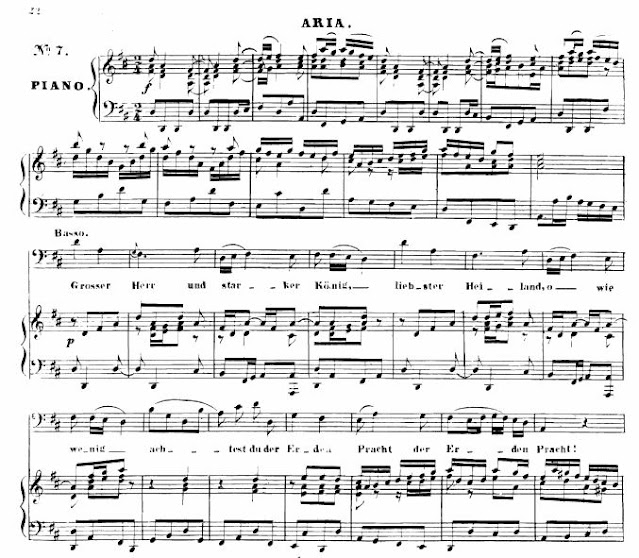Tatiana Nikolayeva plays Shostakovich's Op. 87
Shostakovich
24 Preludes and Fugues, Op. 87
I'm going to start writing about some of my favorite music and what it means to me, so watch out!
Right now I'm listening to a copy of the 24 Preludes and Fugues by Dimitri Shots-of-kovich as played by the Russian pianist for whom he wrote them in 1950 after her Bach interpretation stunned the composer as he sat in the jury of the Leipzig Bach Piano Competition. He composed these marvelous pieces within four months, becoming more and more enthralled with the idea and the genre as he went.
My history with the pieces: A girlfriend in college played piano really well, stunning me again and again with the cadenza from Shostakovich's First Piano Concerto whenever we'd go over to the music building together. Her sister played some of the Preludes and Fugues, which was about as much of a recommendation as I needed to pick up the sheet music a few years later. You see, I approach music through people. And so these blog posts will be as much about my encounters with special people as with the music.
So Lorraine's sister's pianistic talent led me to these 48 gems. I have often said that if I had to give up all my music except one piece, this might just be it (we'll get to Mahler's Second later). The fact that some of them are simple enough to sight-read certainly doesn't reduce my appreciation for them. After leaving the thick book of sheet music up on my shelf for a number of years, I finally pulled it down and gradually got to the point where I could play the pieces well enough to enjoy them.
Roger Woodward's recording was the first one I heard of the pieces, back when I was the DJ for "The Classical Hour" at WCWM during college. Then in 1993 I paid three hours' salary for the three-CD set featuring Nikolayeva. In the meantime I have recordings by Shostakovich himself (a selection), Richter, Caroline Weichert (whom I met while studying in Münster), Keith Jarrett, Vladimir Ashkenazy, Bernd Glemser and Olli Mustonen (selections recorded together with Bach preludes and fugues), Alexander Melnikov and arrangements by the Calefax Reed Quintet and for String Quartet.
Most would guess - and many critics would agree - that Nikolayeva's recording is the definitive one. I find a lot to like about all of them. Nikolayeva's playing is calming in the slow pieces and brilliant when her fingers fly. Her 1987 recording is livelier than the one she made in 1991.
Jarrett takes the composer's metronome markings literally, which drags the first fugue out three minutes longer than most Russians' interpretations and twice as long as the composer's own recording.
I find the most interesting of the interpretations that by Olli Mustonen, for my money the most exciting pianist out there today. The Finn's phrasing will make you wonder at first if he's taking the music seriously, but after being glued to my seat during a concert in which he played Beethoven's "Hammerklavier" Sonata in what seemed like one long breath, I'm here to tell you he's an incredible musician. His own compositions are beautiful. And what he does to the Shostakovich is extraordinary. I hardly recognize some of the pieces the way he phrases them, but that's just because they are so alive.
Bernd Glemser's recording - like Mustonen's together with corresponding preludes and fugues by Bach - is also surprisingly good. Ashkenazy's is worth every cent. Shostakovich's playing is manic in places and the sound quality is not quite as good as what you hear in the later recordings, his having been recorded exactly 10 years before I was born.



Comments
Post a Comment